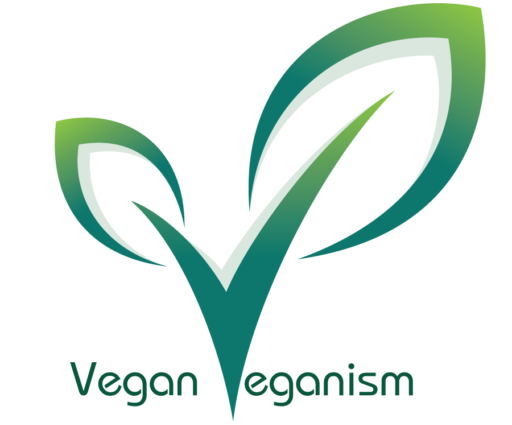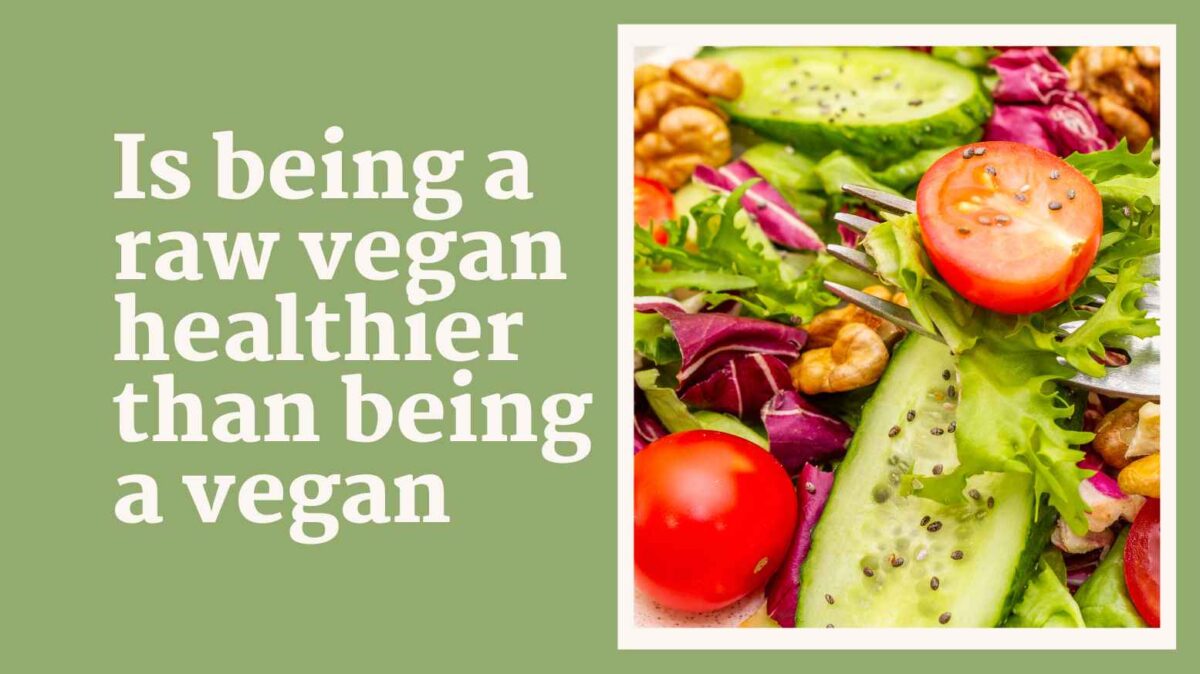The differences between raw veganism and veganism stand out in the ever-expanding field of plant-based diets, with each having special benefits and drawbacks. Knowing the differences between the two can help one make well-informed judgments that complement personal lifestyle choices and health objectives.
What is a vegan diet?
Essentially, veganism means avoiding all foods derived from animals, such as dairy products, meat, and eggs. It includes a wide variety of raw and cooked plant-based meals, including whole grains, legumes, fruits, vegetables, nuts, and seeds.
What are the health benefits of a vegan diet?
Nutrient-Rich Diet
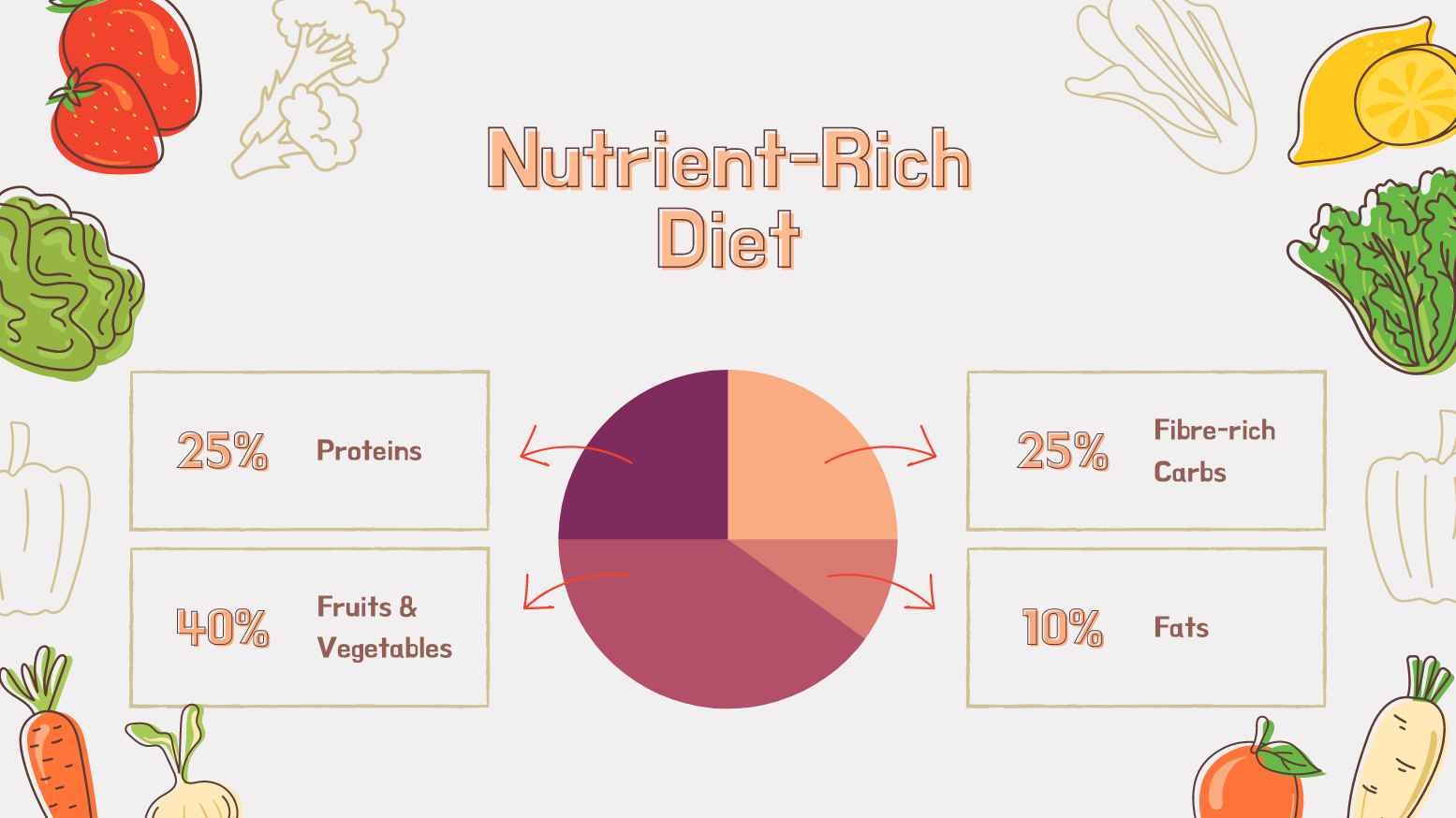
Protein, vitamins, and minerals are among the vital nutrients that a well-planned vegan diet is known to supply, all of which support general health and well-being.
Reduced Risk of Chronic Diseases
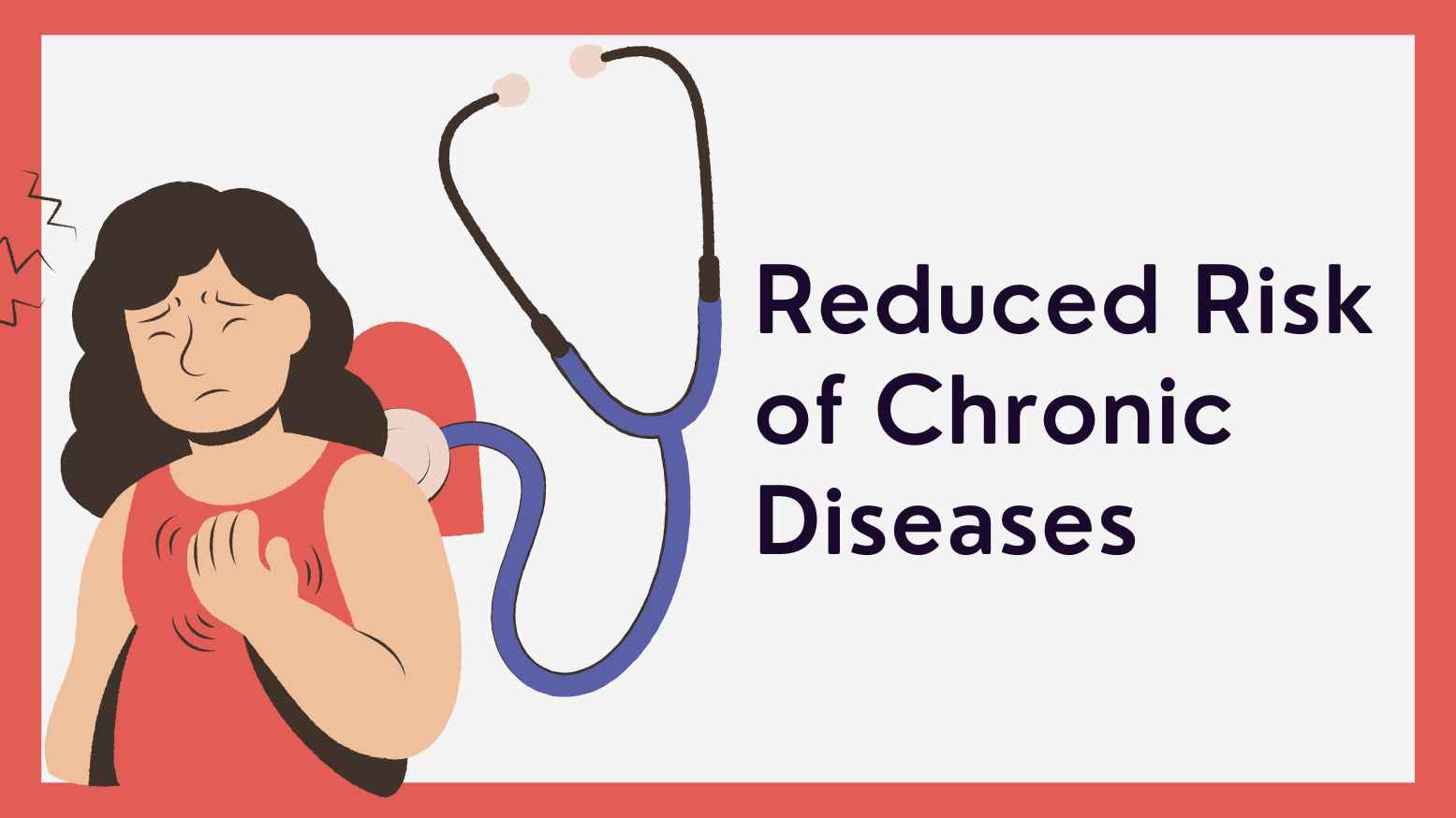
Research has linked a vegan lifestyle to a lower risk of several chronic illnesses. Research indicates that vegans may have reduced rates of heart disease, type 2 diabetes, and some types of cancer.
Heart Health
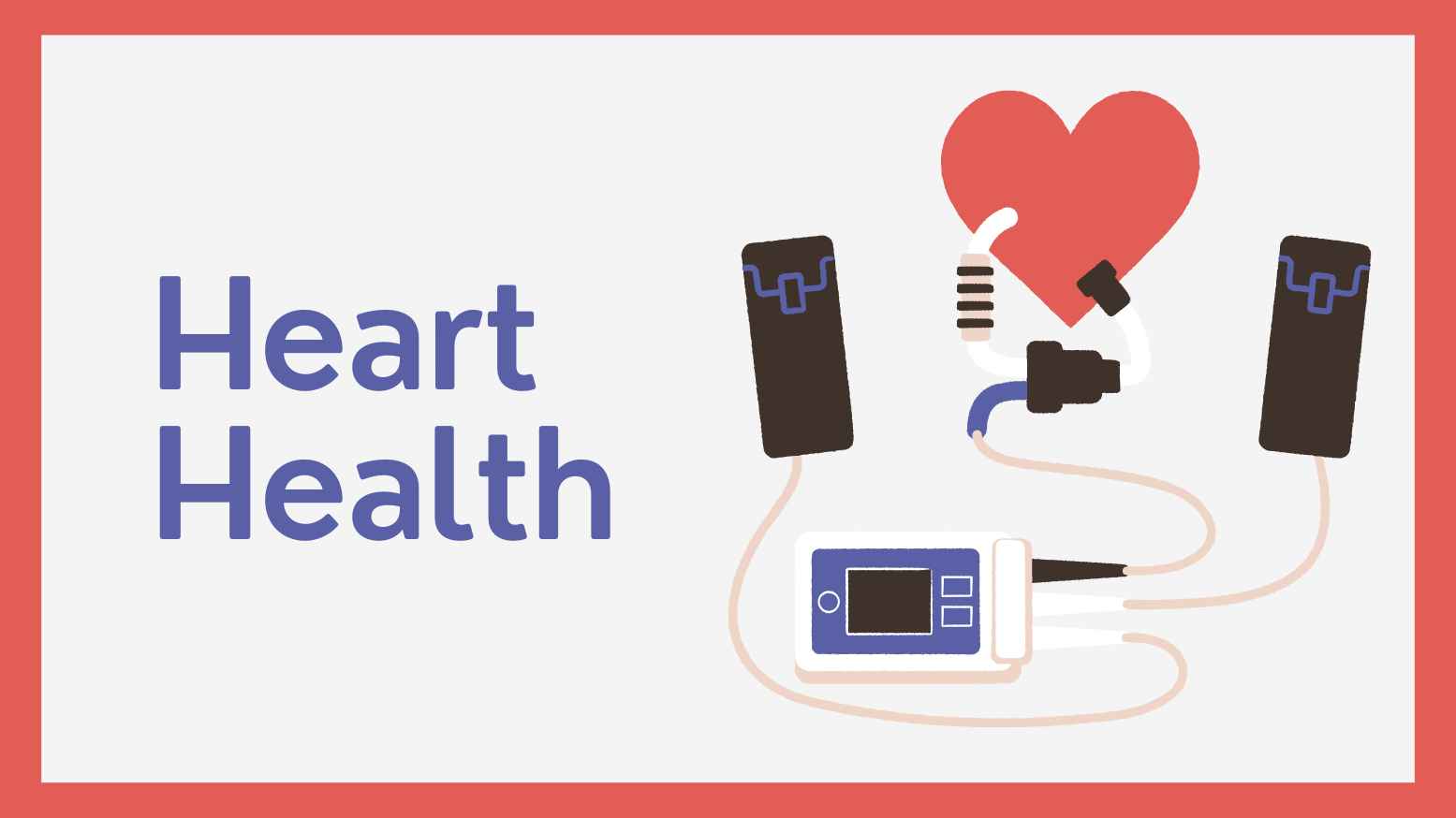
Plant-based diets, such as fruits, vegetables, and nuts, are prioritized in veganism since they have been shown to have a heart-healthy effect. Notable advantages include lowered blood pressure and a decreased risk of heart disease.
Type 2 Diabetes Prevention
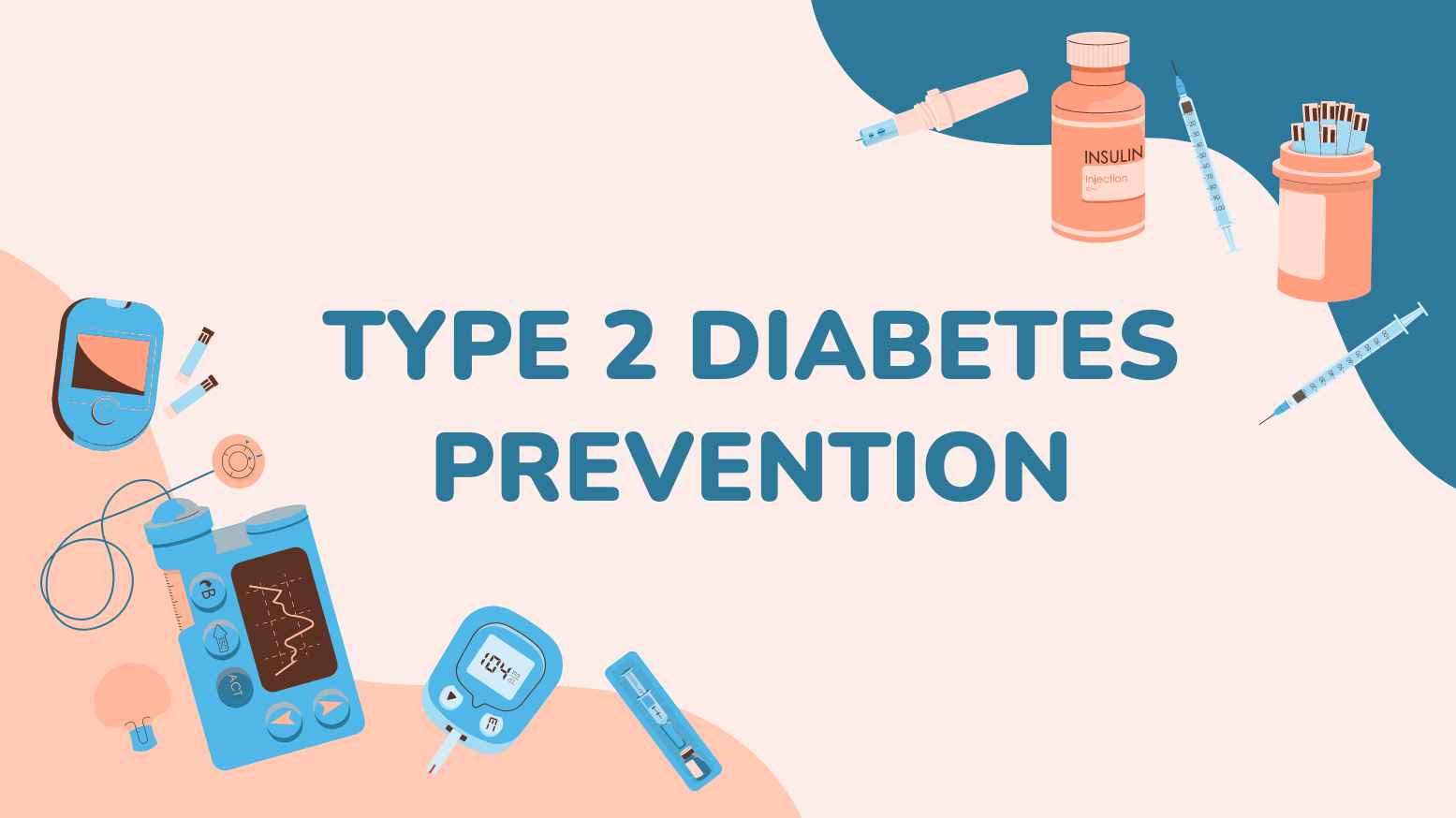
A vegan diet may help prevent type 2 diabetes, according to research. Placing a strong emphasis on entire, plant-based diets may help with insulin sensitivity and blood sugar regulation.
Cancer Risk Reduction
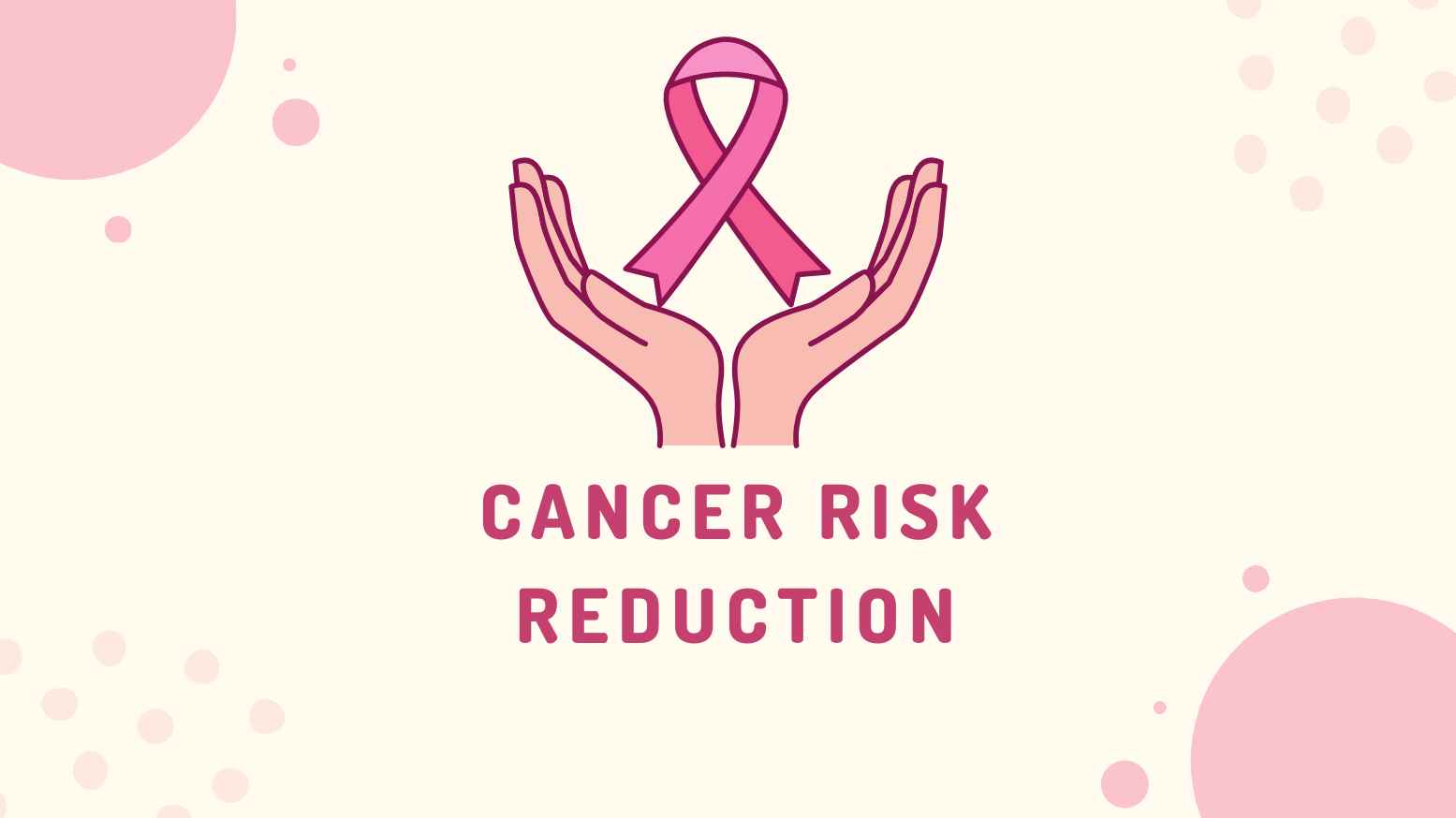
There is a connection between vegetarianism and a decreased risk of several cancers. Plant-based diets have a high concentration of antioxidants and phytochemicals, which may help explain their ability to prevent cancer.
Weight Loss
Because vegan diets emphasize nutrient-dense, low-calorie meals, they are frequently linked to weight loss. A plant-based diet could promote a healthier body weight and help with weight management.
Improved Health Markers
People who eat veganism may see benefits in their health markers. Positive adjustments to blood pressure, cholesterol, and other markers of general health are included in this.
What are the potential health risks of a vegan diet?
Inadequate Nutrient Intake
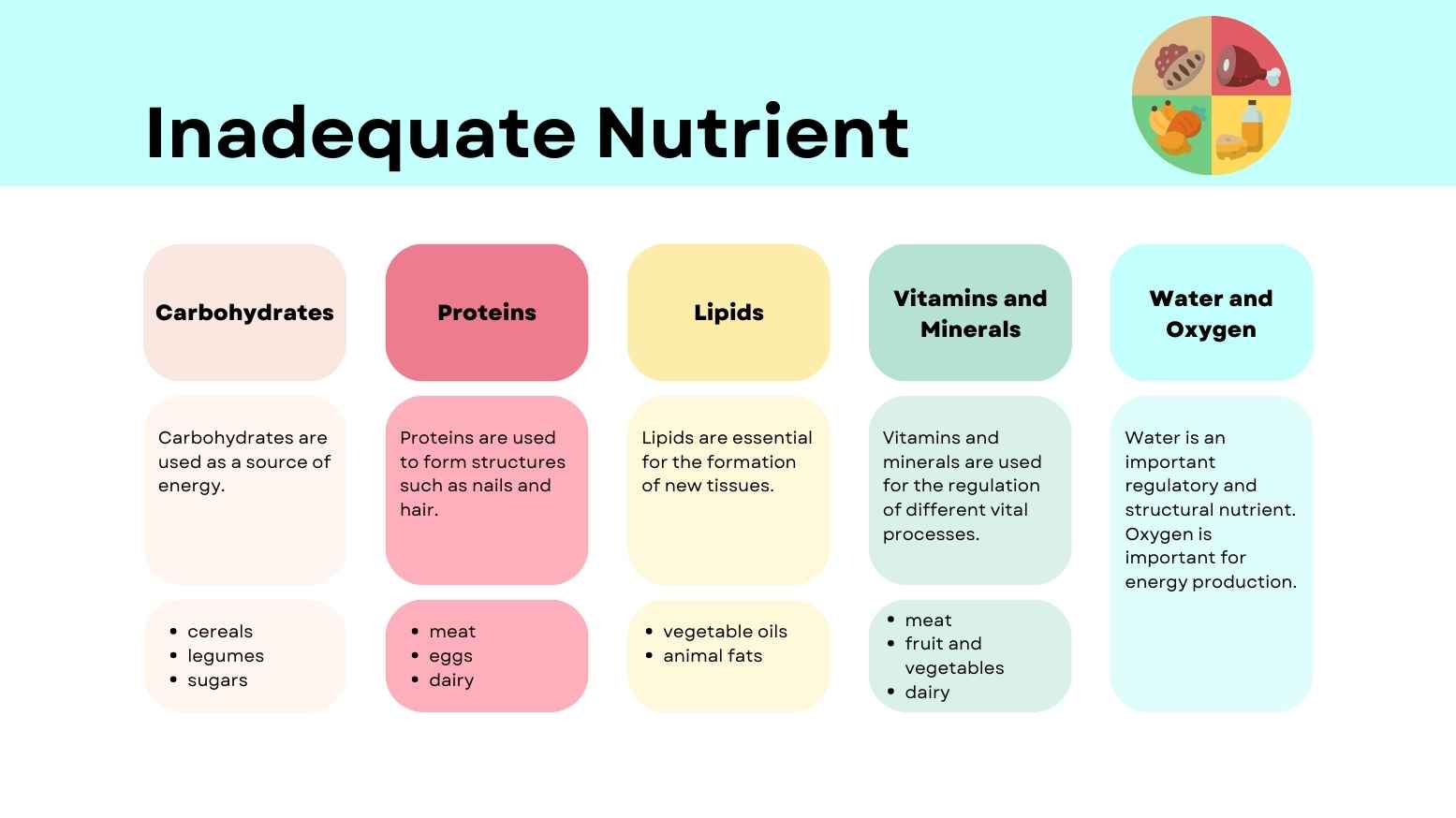
One of the main concerns is inadequate dietary intake, which can result in deficits in important components required for good health. Although it seems promising, a strictly raw vegan diet might not supply enough calcium, vitamin D, or vitamin B12.
Careful planning is essential to fill in these potential gaps, and frequent supplementation may be required to guarantee the consumption of vital nutrients required for different body functions.
Omega-3 Fatty Acids and Iron
Essential for heart and brain function, omega-3 fatty acids might be difficult to get enough of on a vegan diet. Although plant-based substitutes like walnuts and flaxseeds provide these fatty acids, careful dietary selection is necessary to keep levels at appropriate ranges.
Since iron from plant sources (non-heme iron) is less easily absorbed than iron from animal sources, iron, a necessary nutrient for overall health, is also a worry. To improve absorption, it becomes crucial to combine foods high in vitamin C with foods high in iron from plants.
Iodine and Vitamin B12
Furthermore, vegan diets can not contain enough iodine, which is essential for thyroid function. It is imperative to incorporate plant-based iodine sources, including seaweed, and in certain circumstances, iodine supplementation may be necessary.
Another essential vitamin for red blood cell synthesis and neurological function is vitamin B12, which is mostly found in animal products. To avoid health problems linked to B12 deficiencies, vegans must be careful to consume foods or supplements fortified with the vitamin.
What is a raw vegan diet?
Consuming primarily unprocessed plant-based meals that are either fully raw or moderately heated (below 104–118°F/40–48°C) is the foundation of a raw vegan diet. With a focus on fruits, vegetables, legumes, nuts, seeds, and sprouted grains, this dietary strategy aims to protect enzymes and increase nutrient availability.
What are the health benefits of a raw vegan diet?
Blood Pressure Regulation
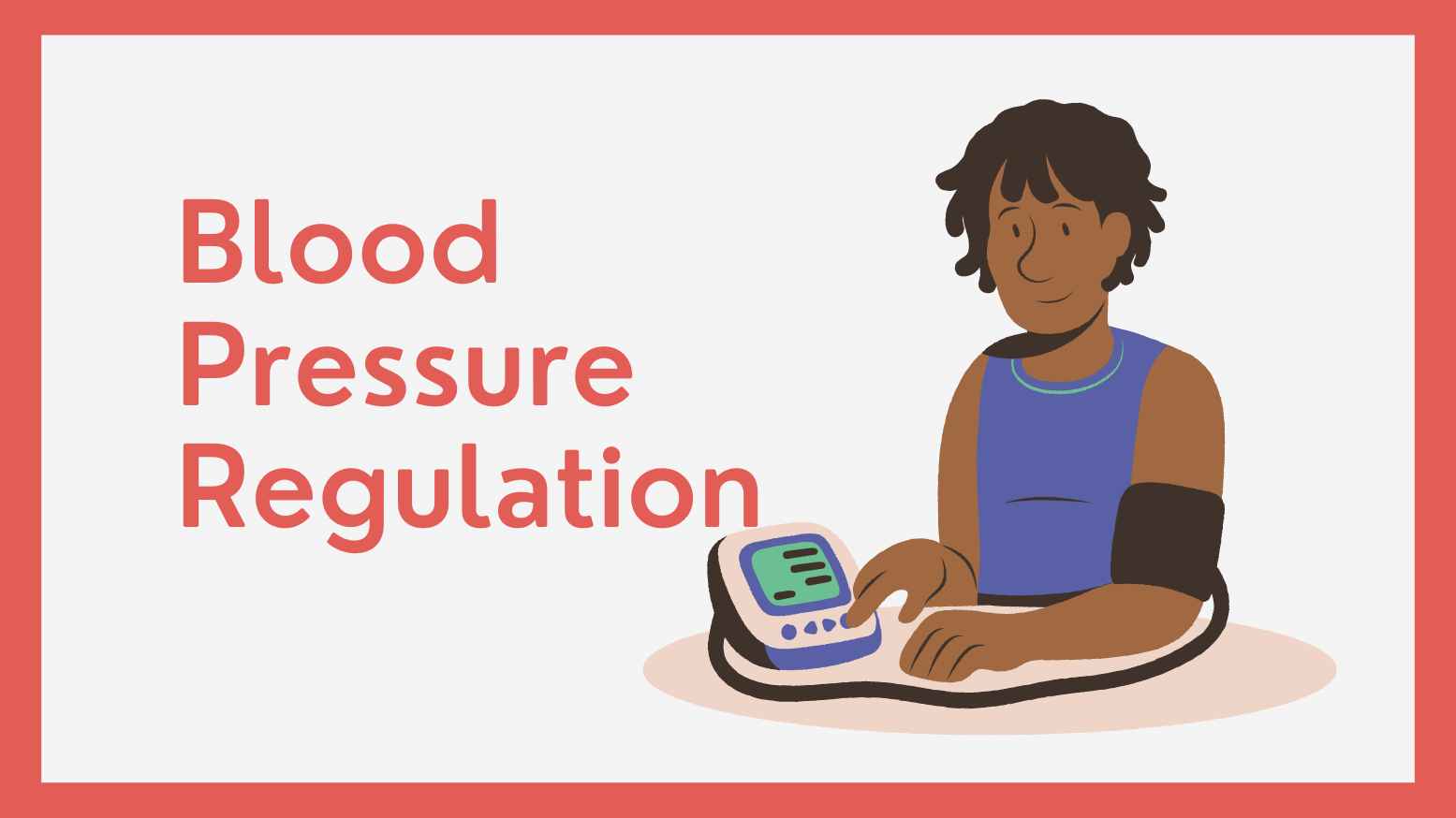
A raw vegan diet is linked to several notable health benefits. It is defined by a strong emphasis on consuming mostly unprocessed plant-based foods, including fruits, vegetables, and nuts. A favorable effect on blood pressure is one of the major benefits. Eating these nutrient-dense, raw foods has been associated with lower blood pressure, which improves cardiovascular health.
Reduced Risk of Heart Disease
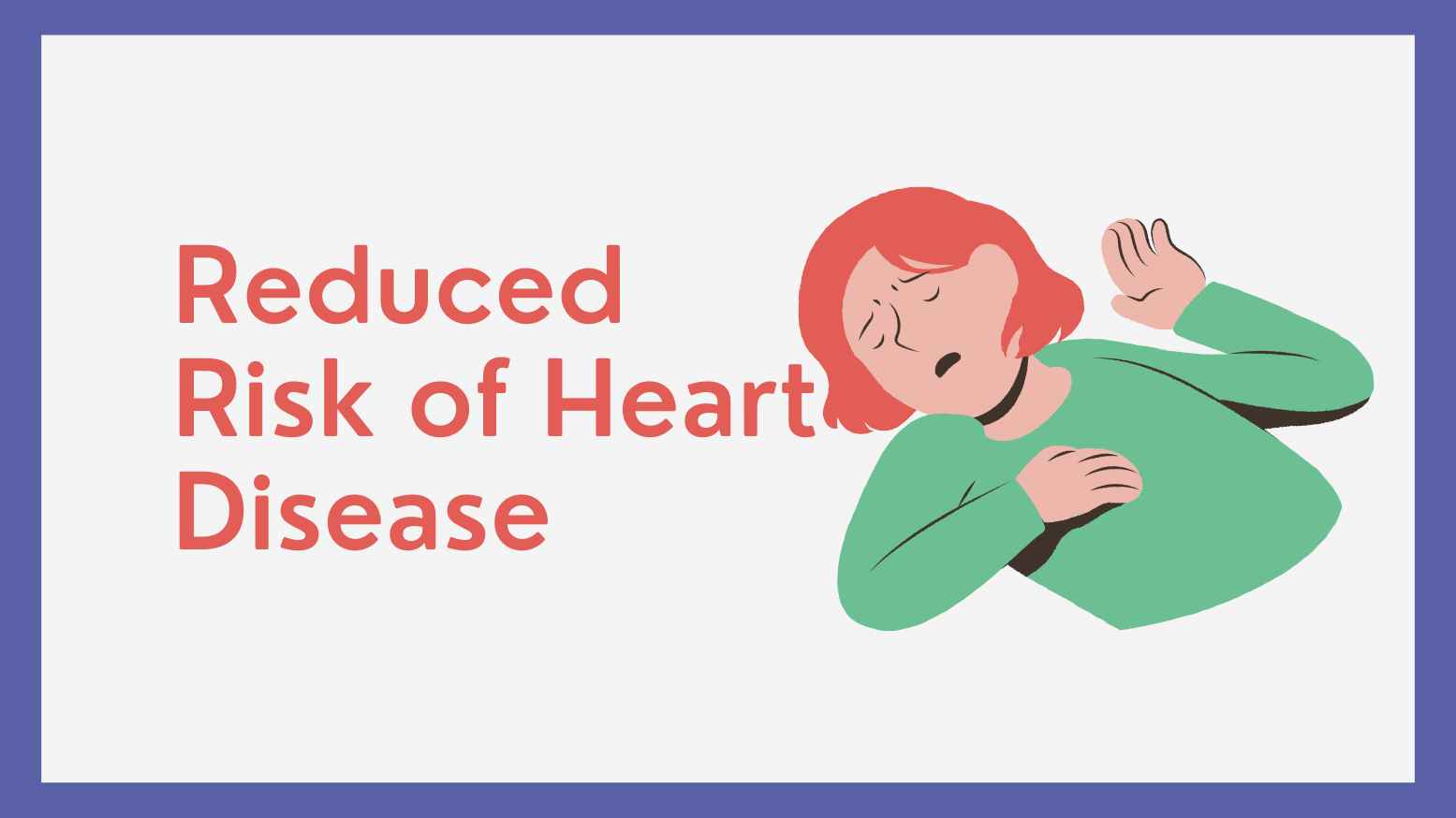
Moreover, studies have shown that a raw vegan diet can effectively reduce the risk of heart disease. Heart-related problems may be less common in those who follow a raw vegan lifestyle since they emphasize entire, natural meals and avoid processed and animal-derived goods.
This dietary strategy is in line with the more general ideas of plant-based nutrition, which has been linked to some cardiovascular advantages.
LDL Cholesterol Reduction
Lower levels of “bad” LDL cholesterol are one of the raw vegan diet’s other noteworthy health benefits. This eating pattern, which places a strong emphasis on fruits, vegetables, and nuts, has the potential to improve cholesterol profiles.
The potential benefits of a raw vegan diet in promoting heart health are highlighted by the fact that lower levels of LDL cholesterol are linked to a lower risk of atherosclerosis and cardiovascular events.
What are the potential health risks of a vegan diet?
Nutrient Deficiencies
Even though a fully raw vegan diet has many potential health benefits, there are certain concerns, especially about vitamin shortages. A raw vegan diet may not provide enough of several essential nutrients, like calcium, vitamin D, and vitamin B12.
Careful planning and supplementation to fill in any possible deficiencies in important vitamins and minerals are necessary to maintain optimal nutrient balance.
Calcium Deficiency
One potential risk of a vegan diet, especially when raw, is the possibility of calcium insufficiency. The exclusion of conventional calcium sources, such as dairy products, means that it is necessary to make a conscious effort to include substitute plant-based sources that are high in this vital mineral.
Vitamin D Insufficiency
Another area of worry is vitamin D levels since sunshine is a common source of this mineral and can be inadequate in some regions or during particular seasons. To ensure they get enough vitamin D, vegans should be careful to include fortified meals or supplements.
Vitamin B12 Insufficiency
Since animal products are the main source of Vitamin B12, vegans may encounter difficulties. A deficiency in vitamin B12 can result in several health concerns, such as neurological disorders and anemia. Frequent use of supplements or meals enriched with B12 is essential to avoid B12 deficiency.
Need for Adequate Preparation
Adopting a vegan diet necessitates careful planning to guarantee a balanced consumption of vital elements. This is making a deliberate effort to eat a range of plant-based foods that together supply the necessary vitamins and minerals for good health.
Supplementation Requirement
To fill in any potential dietary shortfalls, supplementation becomes essential to a vegan lifestyle. Vegans frequently require supplements, including B12, vitamin D, and others, to maintain appropriate dietary levels and prevent deficiencies.
What are the factors you need to consider while choosing to go on a raw vegan diet or a vegan diet?
Nutritional Requirements and Preferences
It’s important to consider your nutritional needs and tastes while choosing a diet. Assess your current state of health and determine any nutritional deficiencies first. Think about the vital nutrients—like protein, vitamins, and minerals—that your body needs.
This evaluation will help you gain insight into your ability to plan and prepare nutrient-dense meals. Make a decision that best suits your dietary requirements and personal health objectives.
Lifestyle and Social Factors
Selecting an appropriate food plan is influenced by social and lifestyle factors. Consider how important social gatherings are in your life and whether you feel that having a variety of food alternatives is important.
Given its limitations, a raw vegan diet might be difficult to follow in social situations when people want a variety of food options. Making a choice that fits your interests and way of life is made easier when you are aware of these dynamics.
Personal Objectives and Motivators
Making a sustainable food decision requires reflection on your own goals and inspirations. Think about what motivates you: are you motivated by ethical and environmental concerns, or by the possible health benefits of eating raw foods? Knowing your guiding principles makes the motivations behind your food decisions clear.
A well-considered vegan diet could be appropriate if enhancing one’s health is a top concern. If your priorities are ecology and ethics, a raw vegan lifestyle can be more in line with your values. Making educated decisions is facilitated by being aware of your motivations.
You may also like:
- What are the most common excuses non-vegans make for not being vegan
- Does a vegan diet have better effects on your health than one containing meat
- What are some ways I can start a vegan diet if I love to eat meat
In the end, both dietary approaches have potential advantages and are in line with moral and environmental considerations. Personalized advice can be obtained by speaking with trained dietitians and medical professionals, who can make sure that your chosen plant-based diet supports your entire health and goals.
FAQs
1. Does the raw vegan diet provide more nutrients than a regular vegan diet?
While some claim raw food retains more enzymes and nutrients, research is inconclusive. Both diets can be nutritious with careful planning, but raw vegans may need extra attention to avoid deficiencies in calcium, vitamin D, and B12.
2. Is a raw vegan diet safer than a regular vegan diet?
Raw food carries a higher risk of foodborne illness from bacteria like E. coli. Both diets require proper food handling and hygiene, but the risk is greater with raw consumption.
3. Is a raw vegan diet more effective for weight loss?
There’s no solid evidence that raw veganism is inherently better for weight loss than a regular vegan diet. Both can be effective with calorie control and mindful eating.
4. Is a raw vegan diet easier to stick to than a regular vegan diet?
The strict limitations of a raw vegan diet can make it challenging to maintain long-term, especially socially. A regular vegan diet offers more flexibility and variety, potentially making it easier to adhere to.
5. What are the biggest challenges of each diet?
Raw Vegan: Limited food choices, higher risk of foodborne illness, potential nutrient deficiencies, and social challenges.
Regular Vegan: Planning for adequate nutrients, navigating social situations, and avoiding processed vegan products.
6. Which diet is best for me?
It depends on your individual needs, preferences, and lifestyle. Consider your health goals, nutrient needs, social habits, and ability to maintain the chosen diet long-term. Consult a healthcare professional or registered dietitian for personalized guidance.
